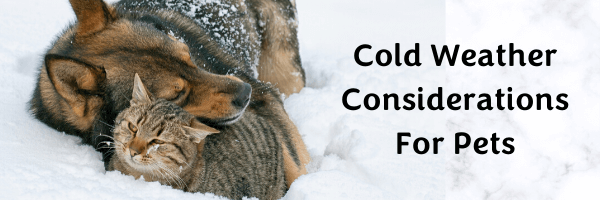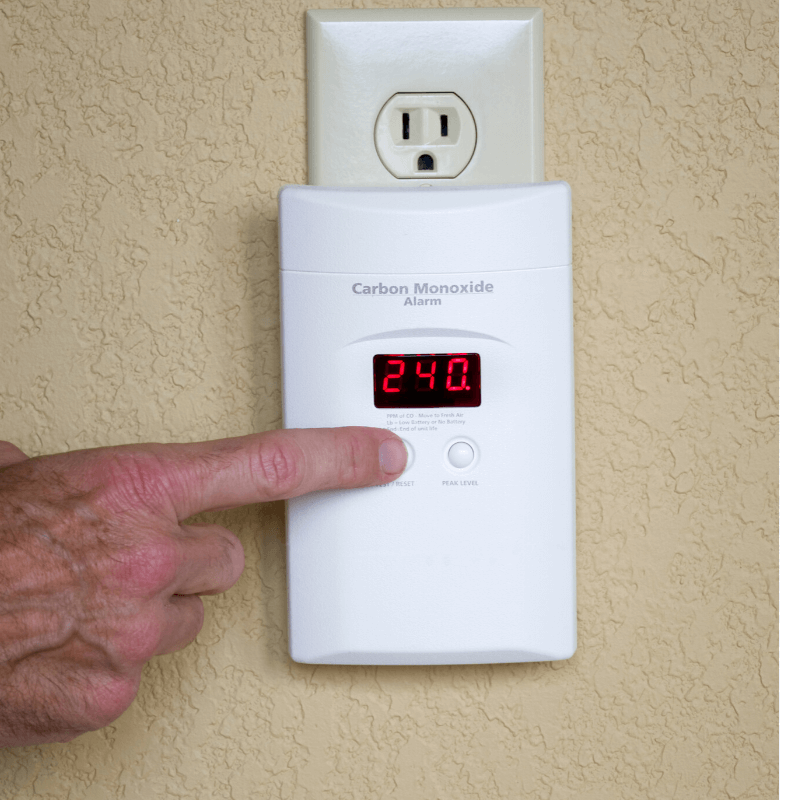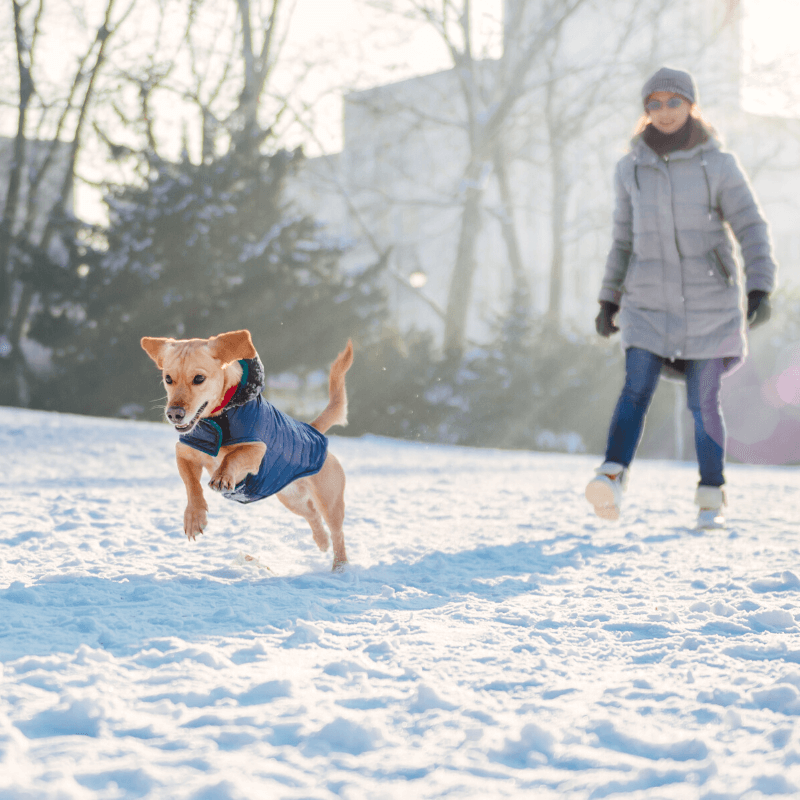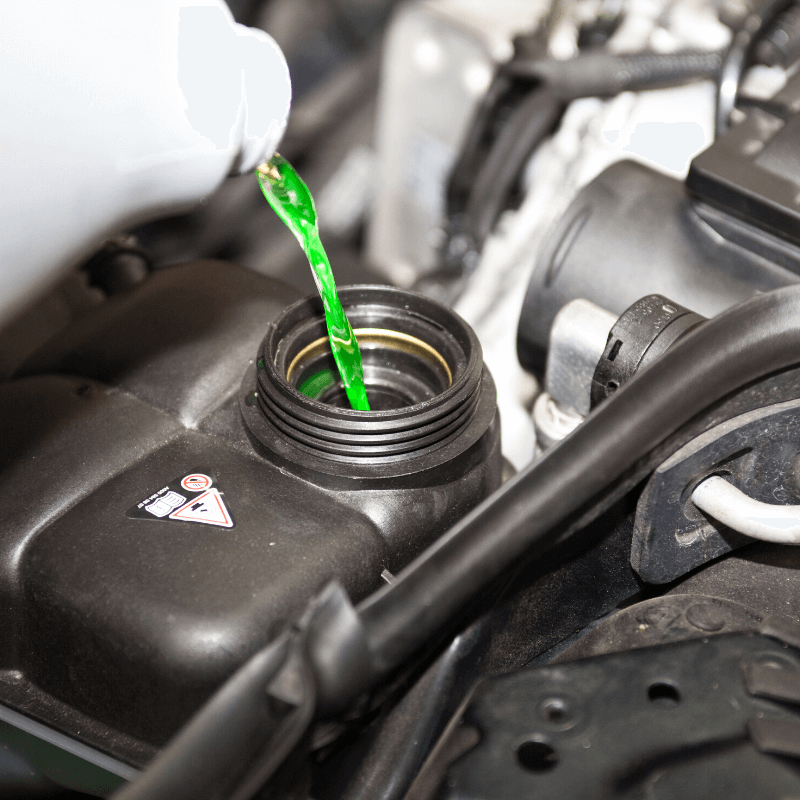
In Seattle, we’re fortunate to rarely suffer the treacherous winter conditions routinely seen in other parts of the country. Despite our relatively mild weather, winter can still cause problems for our furry friends either because of the cold itself or because of measures we take to deal with the cold, wet days. Here are some things to look out for to keep our pets safe this winter.

Several concerns arise with respect to warming up the insides of our homes. Carbon monoxide detectors are crucial to warn you if your fuel-burning appliances are leaking the fatal gas into your home. Space heaters should be used with caution in locations frequented by your pet. Pets can knock over these heaters resulting in fires. A pet sleeping too close to a heater for too long can burn itself, too. Heating your home can reduce the humidity of your home which can worsen a pet’s skin or respiratory issues. Humidifiers can be helpful to keep your pet comfortable.

During walks with your dog in the snowy pass, consider lubricating their paw pads, the skin, and the fur between the pads with petroleum jelly or musher’s wax. These can protect their tootsies against the cold, salt and /or chemicals that they might come into contact with. Better yet, booties offer a much higher level of protection, if your pooch will tolerate them. Check between your pup’s paw pads regularly for snow balls which should be removed when they are forming. Watch your dog for limping and if any is observed, check their paws for cracked pads and/or bleeding.
For your home, we recommend keeping pet-friendly deicers or ice melts on-hand for those times when snow, frost or freezing rain enters the picture.
On cold days, consider banging on the hood of your car before starting the engine. This is helpful in the case a neighborhood cat has decided to camp out on or around your warm engine.

If you drain and flush your radiator yourself, eliminate any chance of your pet being exposed to the drained antifreeze and keep unopened bottles out of your pet’s reach. Antifreeze is very palatable, with exposure having dire, irreversible effects on the kidneys. If your pet has possibly ingested any quantity of antifreeze, a prompt trip to the ER is the only way to possibly save their life.
Though we rarely need to worry about bodies of water freezing over in our city, be aware that you should never allow your dog to venture on to frozen water. The strength of the overlying ice is often unpredictable and submersion into the underlying water can be deadly for your pet and possibly for you should you decide to go in after them.

Winter is coming and some of us have been looking forward to the slopes opening since May. A little forethought can make the season fun and safe for both you and your pets. Winter-on, friends!
Joyeeta De, DVM
Green Lake Animal Hospital
